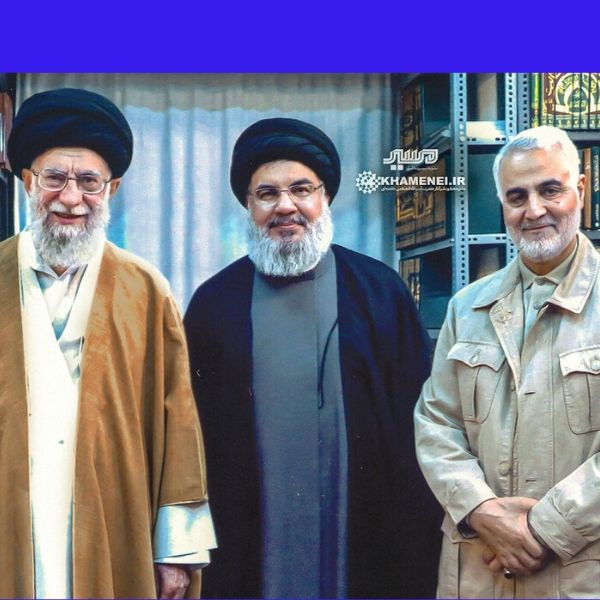Hanin Ghaddar
Washington Institute, Nov. 3, 2023
“Nasrallah essentially declared that he will not be involved in the battle to “free Palestine,” a goal that lies at the core of his resistance narrative.”
As expected, Hezbollah secretary-general leader Hassan Nasrallah did not declare war against Israel today—rather, his first public speech on the Gaza conflict served as a reminder that his calculations on the crisis are the same as Iran’s, and that preserving Tehran’s plausible deniability for the actions of its proxies is paramount. (For English excerpts and analysis of the speech, see this live update thread by L’Orient Today.) In addition to assuring the international community that Iran is not responsible for any of Hamas’s actions, he also told Hamas that it is on its own: “This is a purely Palestinian battle and is not related to any regional or international file.” In other words, the “united front” is not that united. Rather than joining the actual fight, Nasrallah asked his supporters to fight the war of public opinion, essentially arguing that the battlefield is online, not in Gaza.
The speech’s understated tone was more surprising—Nasrallah showed far less anger and agitation compared to his past speeches on conflicts in Syria and Yemen. After one month of eerie silence and three pre-speech trailers full of suspense, most observers anticipated a little escalation, even if mostly rhetorical. Yet his tone was largely muted and his red lines were vague. Besides warning that any Lebanese civilian fatalities would force Hezbollah to kill Israeli civilians in return, he offered the standard ambiguous rhetoric about choosing “the right time and place” to retaliate for Israel’s actions in Gaza. His bottom line was clear: for now at least, Hezbollah will not participate in the war beyond the current border skirmishes. (For more on Hezbollah’s attacks so far, see The Washington Institute’s interactive tracking map.)
His warnings to the United States were more specific and potentially escalatory—he noted that Yemen’s Houthis will continue firing missiles northward, and that Iraqi militias will keep targeting the U.S. presence in both their country and Syria. Yet he was careful not to implicate Tehran in these Iranian proxy actions, nor did he threaten to use Hezbollah’s own weapons against U.S. forces. Indeed, Washington’s timely military deployments so close to Lebanon have seemingly played a major deterrent role for the group.
Nasrallah’s speech was no doubt deeply disappointing for his supporters in Lebanon and the wider region, many of whom expected a more aggressive response by the alleged leader of the “resistance.” It was also disappointing for Hamas, which will probably feel less secure and more isolated now—and perhaps more inclined to negotiate and compromise.
… [To read the full article, click here]


